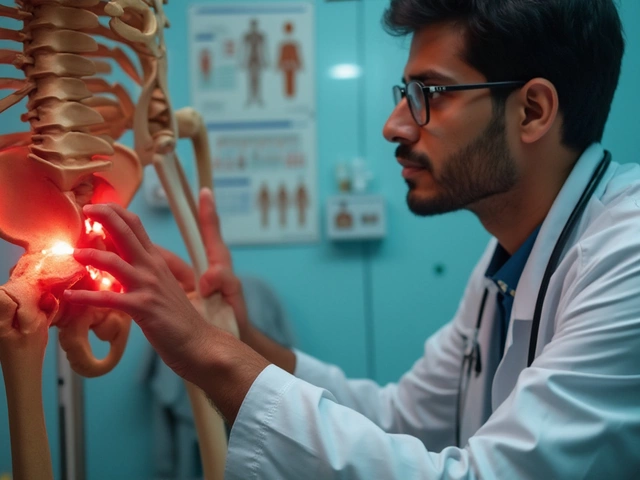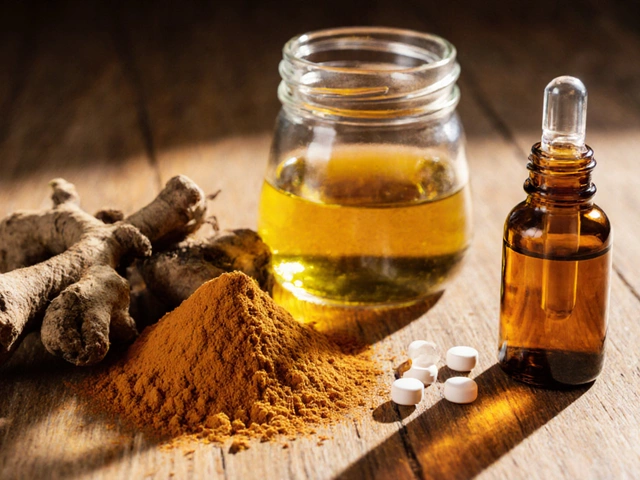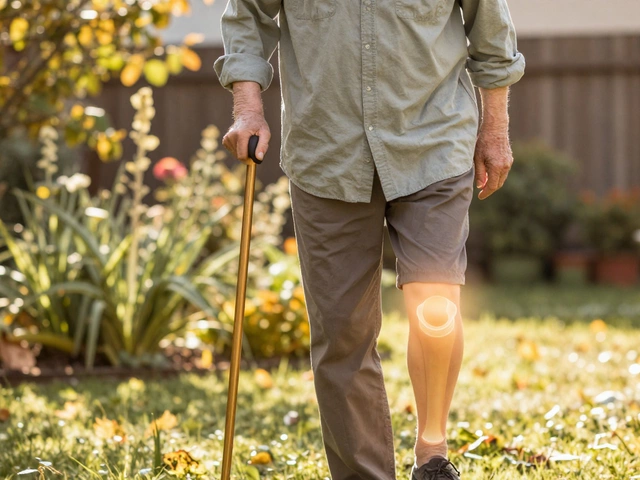Prevention Tips for Safer Medications
Ever wondered why a simple pill sometimes feels risky? The answer is prevention. Spotting red flags before you swallow a drug can stop unwanted side effects and keep you healthy. In India, where medicines vary a lot, a quick check can save you from nasty surprises. Let’s walk through the most useful steps you can take right now.
Why Prevention Matters
Every medicine carries a chance of toxicity, especially if it interacts with other drugs or if the dosage isn’t right. In our busy lives, it’s easy to forget a detail—like taking a new prescription with an old over‑the‑counter painkiller. That mix can overload the liver or kidneys. By being proactive, you avoid costly hospital visits and protect long‑term health. Think of it as a safety net that catches problems before they grow.
Studies from Indian hospitals show that about 30% of adverse drug reactions could be avoided with a simple medication review. That’s a huge number of people who could stay out of the ER just by asking a few questions. The good news? You don’t need a PhD to do it. A short checklist and a conversation with your pharmacist or doctor go a long way.
Simple Steps to Keep Medicines Safe
1. Read the label every time. It sounds basic, but many skip the fine print. Look for dosage, frequency, and any warnings about food or other drugs. If something’s unclear, call the pharmacy.
2. Keep a medication list. Write down every pill, herb, and supplement you take. Update it whenever you start or stop something. Share this list with any new doctor you see.
3. Ask about side effects. Don’t assume a drug is harmless just because it’s popular. Knowing the most common signs of toxicity—like unusual stomach pain or yellow skin—helps you act fast.
4. Check expiration dates. Heat and humidity can degrade medicines faster in many Indian climates. Discard anything past its date, even if it looks fine.
5. Store drugs properly. Some need refrigeration, others stay dry and cool. Follow storage instructions to keep potency intact.
6. Beware of self‑medication. Over‑the‑counter medicines are convenient, but they can interact with prescriptions. Always double‑check with a professional before mixing.
7. Use the same pharmacy. Consistent pharmacists can spot dangerous combos you might miss, especially if you shop around a lot.
Applying these habits doesn’t take much time, but the payoff is huge. You’ll feel more in control, and your doctor will appreciate the clear communication.
Remember, prevention isn’t a one‑off task. It’s a habit you build each time you pick up a new bottle. By staying curious and double‑checking, you protect yourself from hidden toxins and keep your health on track.

Understanding the Root of 90% of All Cancers
Most cancers fall into a handful of common types, driven by factors like lifestyle, genetics, and environmental exposures. Understanding what's behind these prevalent forms can empower you to take preventive steps. This article breaks down the predominant kinds of cancer, highlights lifestyle choices that elevate risk, and shares practical tips for reducing personal susceptibility.
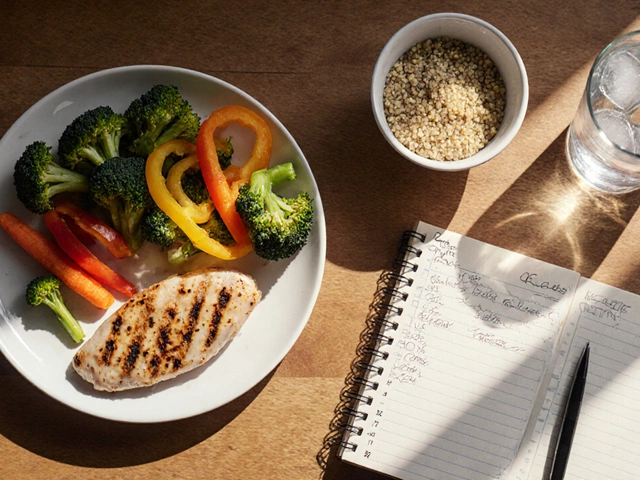
Effective Ways to Lose Belly Fat in Just 2 Weeks
Oct, 10 2025
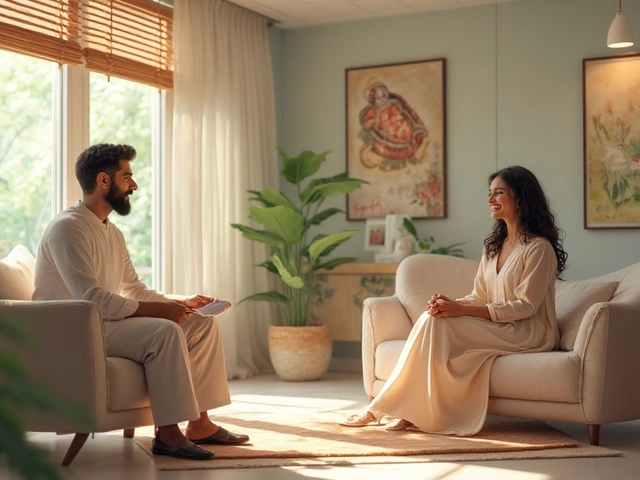
IVF Gender Selection Cost: What You Need to Know
Mar, 26 2025
